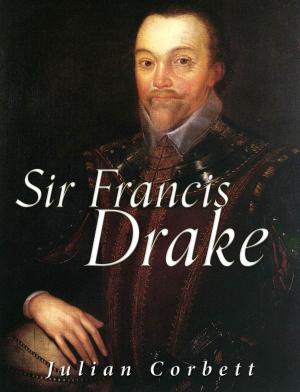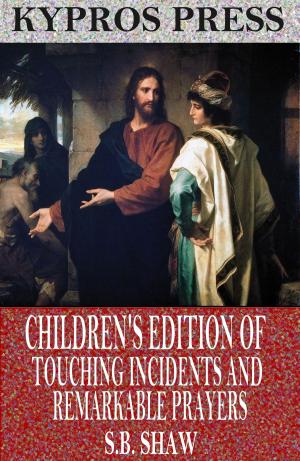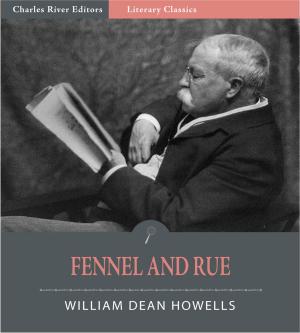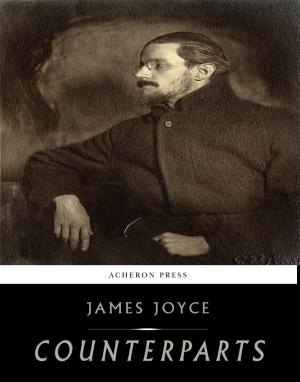Official Records of the Union and Confederate Armies: General James Longstreets Account of Gettysburg and the Pennsylvania Campaign
Nonfiction, History, Americas, United States, Civil War Period (1850-1877), 19th Century, Military| Author: | James Longstreet | ISBN: | 9781619824447 |
| Publisher: | Charles River Editors | Publication: | February 15, 2012 |
| Imprint: | Language: | English |
| Author: | James Longstreet |
| ISBN: | 9781619824447 |
| Publisher: | Charles River Editors |
| Publication: | February 15, 2012 |
| Imprint: | |
| Language: | English |
One of the most important, and controversial, Confederate generals during the Civil War was Lieutenant General James Longstreet, Robert E. Lees old warhorse. Longstreet was Lees principal subordinate for most of the war, ably managing a corps in the Army of Northern Virginia. Longstreet was instrumental in Confederate victories at Second Bull Run, Fredericksburg, and Chickamauga, while he was also effective at Antietam and the Battle of the Wilderness, where he was nearly killed by a shot through the neck. Had Longstreet died on the field, he may have been one of the Souths biggest heroes. However, it was his performance at Gettysburg and arguments with other Southern generals after the Civil War that tarnished his image. Longstreet was charged with being slow to attack on the second day of the Battle of Gettysburg, allowing the Union to man Little Round Top. He also resisted Lees order for Picketts Charge the next day. The fact that he served in Republican administrations after the Civil War rubbed his former comrades the wrong way, and the Georgians criticism of Lee infuriated the Lost Cause advocates who idolized the Virginian Lee. Although Longstreet would dive headfirst into the controversies in his memoirs, his account of the Battle of Gettysburg and the Pennsylvania Campaign in July 1863 makes little mention of his personal views. This account, part of the The War of The Rebellion: Official Records of the Union and Confederate Armies, mentions his doubts about Picketts Charge in a more understated manner. This edition is specially formatted with pictures of Longstreet
One of the most important, and controversial, Confederate generals during the Civil War was Lieutenant General James Longstreet, Robert E. Lees old warhorse. Longstreet was Lees principal subordinate for most of the war, ably managing a corps in the Army of Northern Virginia. Longstreet was instrumental in Confederate victories at Second Bull Run, Fredericksburg, and Chickamauga, while he was also effective at Antietam and the Battle of the Wilderness, where he was nearly killed by a shot through the neck. Had Longstreet died on the field, he may have been one of the Souths biggest heroes. However, it was his performance at Gettysburg and arguments with other Southern generals after the Civil War that tarnished his image. Longstreet was charged with being slow to attack on the second day of the Battle of Gettysburg, allowing the Union to man Little Round Top. He also resisted Lees order for Picketts Charge the next day. The fact that he served in Republican administrations after the Civil War rubbed his former comrades the wrong way, and the Georgians criticism of Lee infuriated the Lost Cause advocates who idolized the Virginian Lee. Although Longstreet would dive headfirst into the controversies in his memoirs, his account of the Battle of Gettysburg and the Pennsylvania Campaign in July 1863 makes little mention of his personal views. This account, part of the The War of The Rebellion: Official Records of the Union and Confederate Armies, mentions his doubts about Picketts Charge in a more understated manner. This edition is specially formatted with pictures of Longstreet















